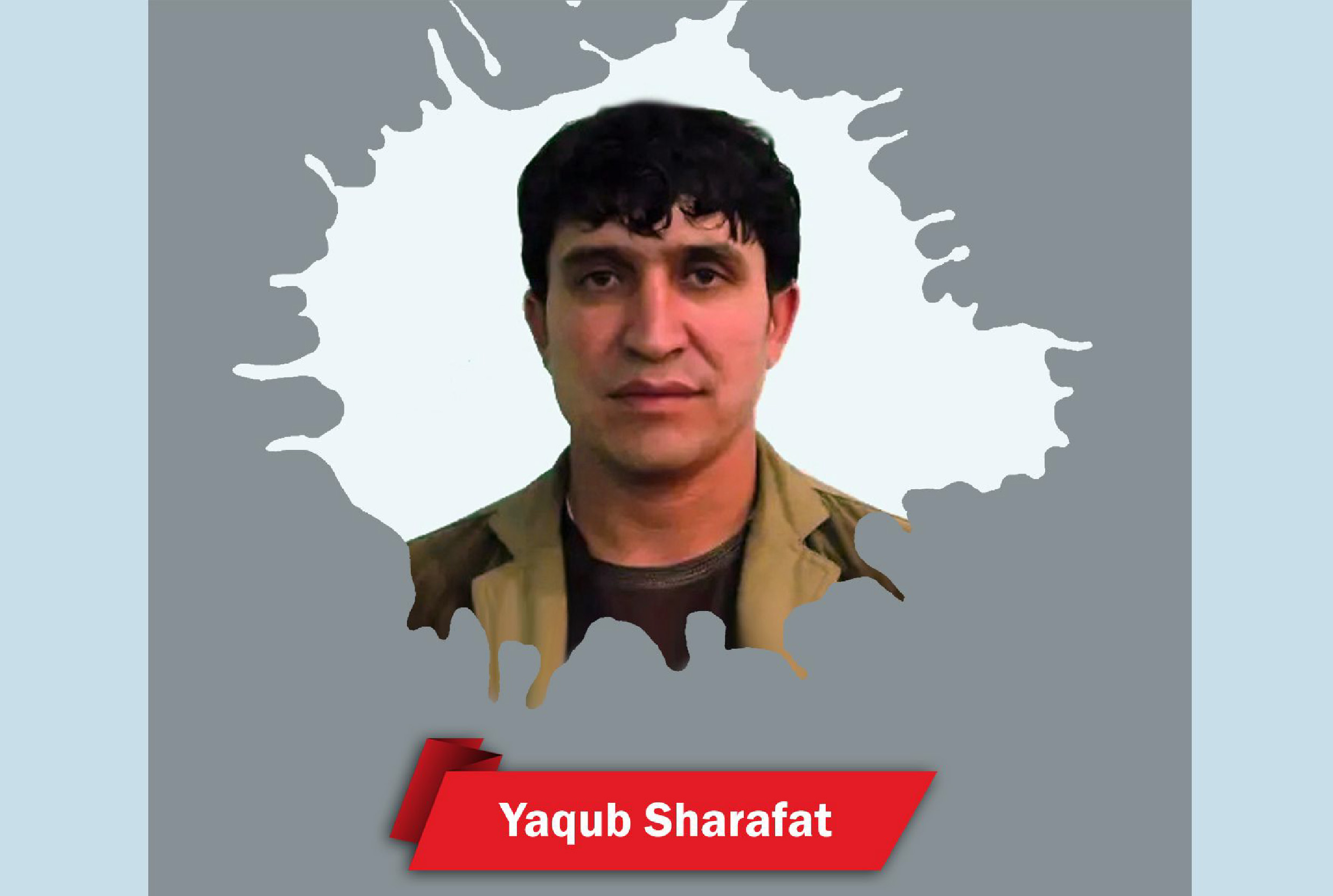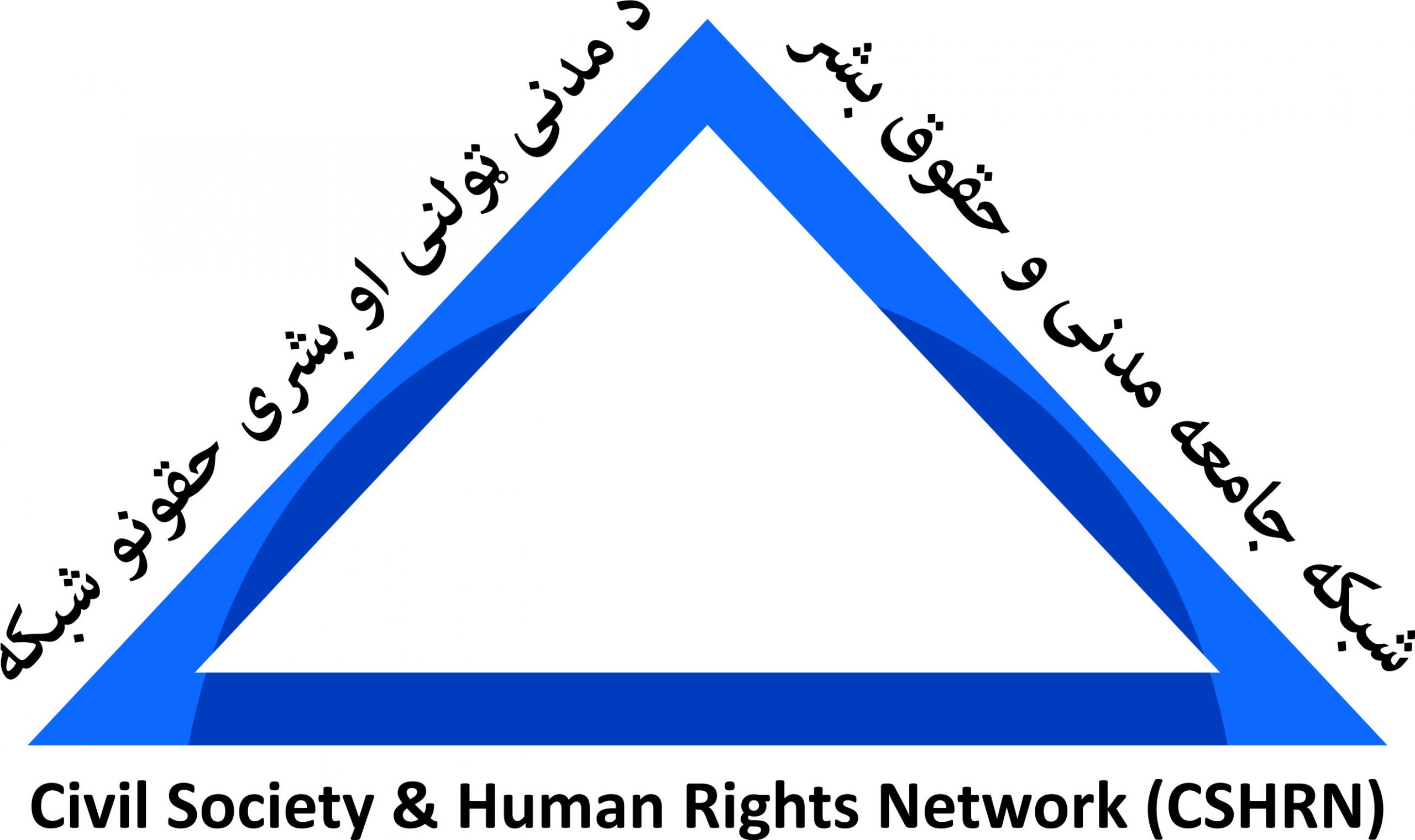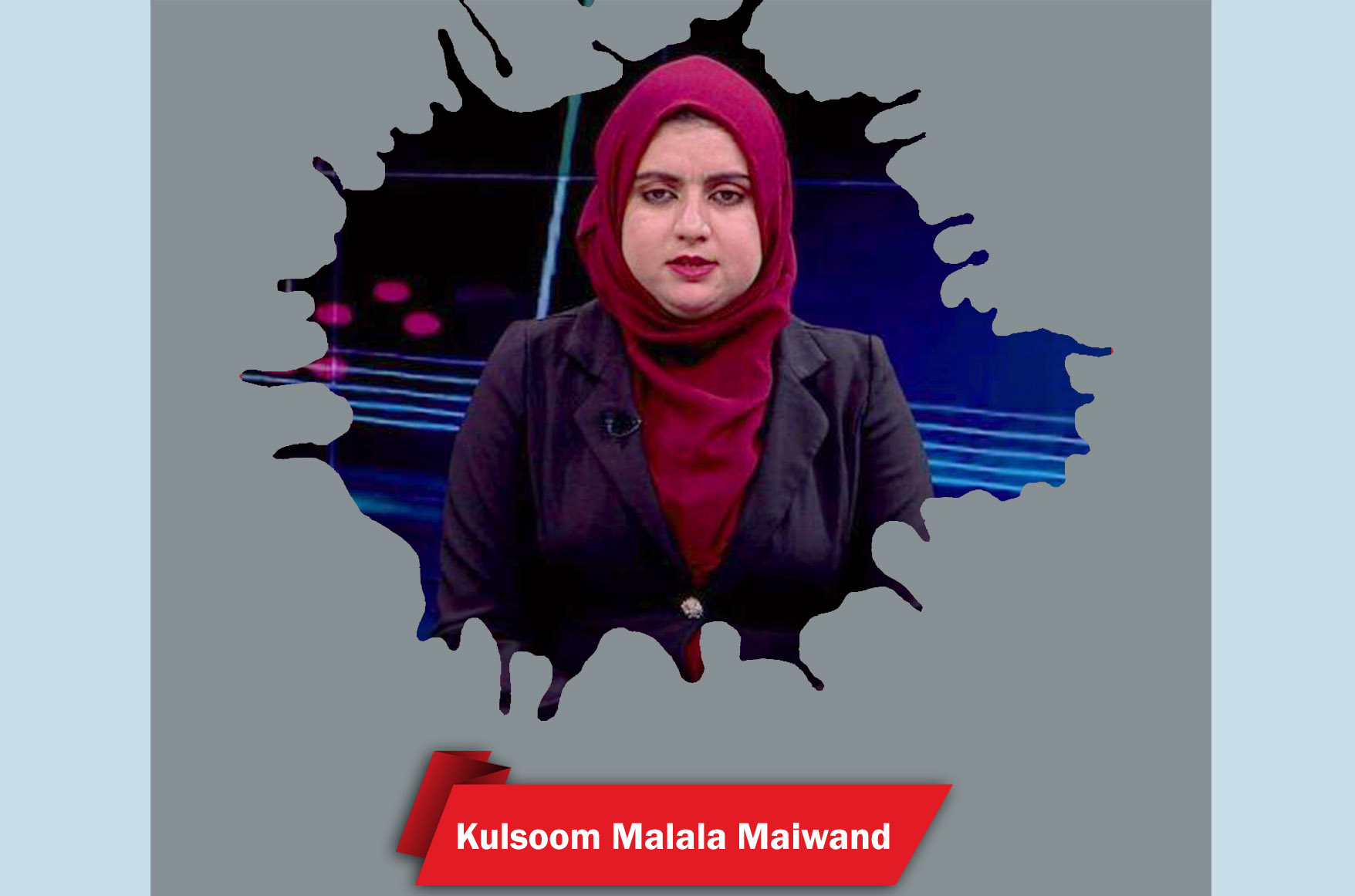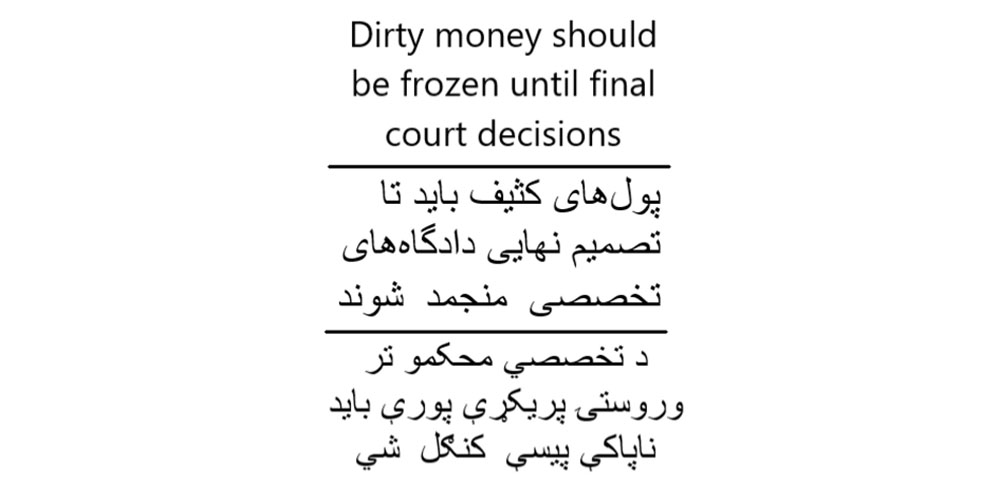Yaqub Sharafat
Name: Yaqub SharafatOccupation: Journalist and Civil ActivistDate of Birth: January 9, 1996Date of Assassination: October 17, 2016Place of Assassination: Zabul ProvinceIndividual/Group Responsible for the Assassination: Unknown GroupLife and Education:Yaqub Sharafat was born in Zabul Province into a deeply religious family. His father was strongly opposed to the media and civil activities and was also strongly against girls attending school. Sharafat graduated from Sheikh Mati Baba High School but could not attend university due to severe economic hardships, thus failing to achieve his dream of studying journalism. However, he actively participated in short-term journalism courses and legal awareness and cultural programs.Activities:Sharafat conducted his media activities openly but had to keep his human rights work secret due to various reasons, including security concerns. As a result, his contributions to civil society in Zabul remained unrecognized and unappreciated. He was often reprimanded for publishing news related to women's rights violations and was even forced to remove some of his reports. Sharafat faced numerous challenges, including economic difficulties and threats from the Taliban and unknown individuals. He was also a prominent writer and had worked for local radio stations in Zabul. The following highlights some of Yaqub Sharafat's activities:Official journalist for Radio Television Afghanistan (RTA)Led campaigns encouraging girls to write articles and participate in radio and media programsCollaborated with the Zabul Directorate of Women's Affairs to organize legal awareness programs; successfully implemented over 27 such programs from 2013 to the end of 2015Traveled to Atghar, Shinkay, and Suri districts in Zabul to promote girls' education To read more please also see the PDF. Profile (PDF)



